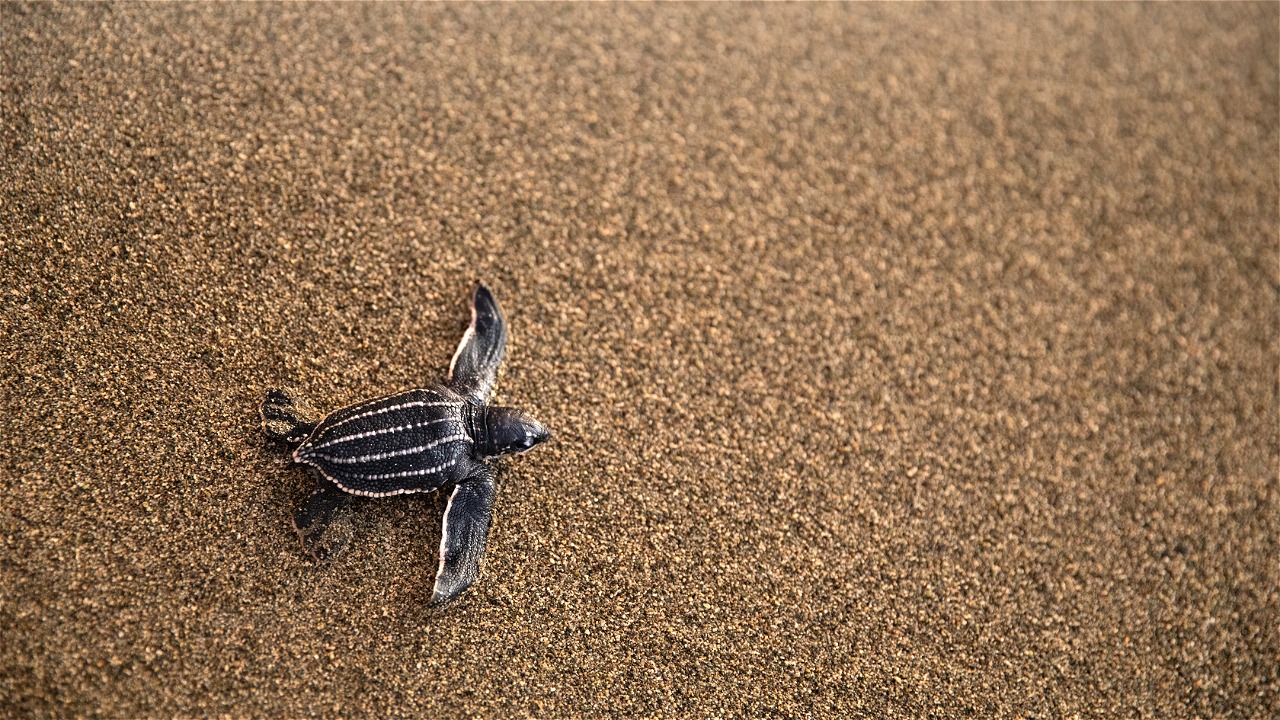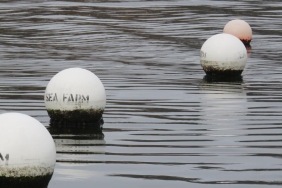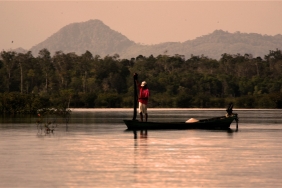SEA TURTLE SMUGGLING IN BALI, WWF AND UDAYANA UNIVERSITY INITIATE DNA FORENSIC STUDY (2)
By: Sheyka Nugrahani Fadela (Marine Species Conservation Assistant, WWF-Indonesia)
Read Previously: WWF and Udayana University Initiate Genetic Study, New Hope for Turtle Conservation (1)
"The threat of extractive sea turtle utilization has long overshadowed sea turtle conservation efforts in Indonesia," said Dwi Suprapti, WWF-Indonesia's National Coordinator for Marine Species, in front of more than 100 participants from academia, researchers, conservation practitioners, and veterinary practitioners at the 'National Seminar: Turtle Conservation from an Ecological Genetics Perspective'.
"Based on the results of investigations conducted by WWF-Indonesia's Wildlife Crime Team, in some areas in Sulawesi and Maluku, turtle meat is sold in the market for local consumption during certain seasons. Meanwhile, in some areas in Sumatra and Kalimantan, turtle eggs are still sold both openly and clandestinely," he continued, revealing Maluku and Sulawesi as the second and third users of turtle meat in Indonesia - after Bali Island.
Coastal areas from the tip of Aceh to the tip of Papua are potential nesting beaches and feeding grounds for sea turtles in Indonesia. This makes it possible for anyone to participate as a watchdog and whistleblower on any efforts to directly utilize sea turtles and their derivatives.
By participating in sea turtle conservation efforts in Indonesia, these watchdogs and whistleblowers are indirectly saving sea turtle populations that forage or migrate to the Philippines, Malaysia, Australia, and even Hawaii, USA.
Commissioner. Sukandar, M.M from the Directorate of Marine Police (Ditpolair) POLDA Bali, had revealed that the lack of human resources to investigate further about cases of direct utilization of sea turtles is often an obstacle in law enforcement on sea turtle protection, as stipulated in the Law of the Republic of Indonesia Number 5 of 1990 and Government Regulation number 7 of 1999.
However, now, in Bali, the initiative of the LIBAS (Bali Free) Illegal Sea Turtle Trade program has renewed the hopes of many to continue sea turtle conservation efforts in Indonesia. This effort is supported through genetic studies and reports that can easily be submitted through the social media channels of WWF-Indonesia, the Denpasar Coastal and Marine Resources Management Agency (BPSPL), and Bali's own Ditpolair.
Dr. Arnold Sitompul, Conservation Director of WWF-Indonesia expressed his great hope at the end of this seminar. ""Instead of being a turtle exploiter, all of us here believe that Bali can actually become a turtle conservation center,"" he said optimistically.





